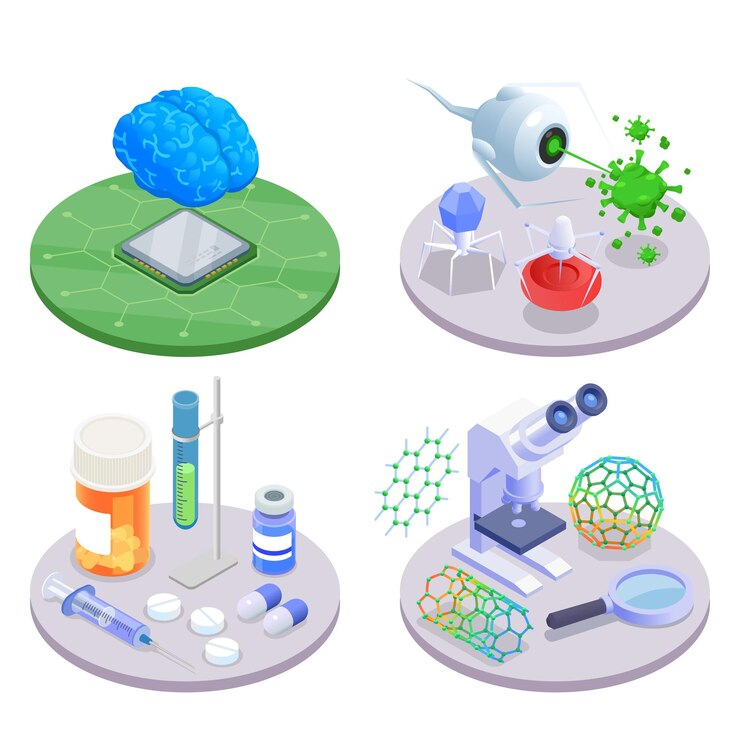Early childhood intervention services affect the productivity or wellness of preschool children. Such services are crucial to intervening early on for developmental delays and disabilities, giving children the opportunity to be successful now and into their future. This article describes the effect of early childhood intervention services on future success through their influence on development and eventual life impacts.
What Are Included in Early Childhood Intervention Services?
These support services, called early childhood intervention services, include all types of therapies to help baby developmental stumble trips. These services address the specific needs of individual children and usually include:
- Developmental Assessments: Evaluations to identify areas where a child may need support.
- Therapies: Physical, children’s occupational therapy for particular developmental issues.
- Family Support: Parent and caregiver advice resources to help your child’s development.
- Educational Programs: Preschool educational opportunities encouraging cognitive, social and emotional development.
The Impact of Early Childhood Intervention Services
Early Intervention services ensure timely intervention in such situations, and they can correct any developmental anomalies the child may have for healthy growth. Timely support and resources:
Promoting Healthy Development
Significant intervention provider: early childhood intervention in promoting healthy development. These services aim to catch a developmental delay or disability and treat it before the child enters school when they should know from movement coordination, language technologies, and phonetics that can create sub-efficient cognitive abilities. This initial assistance helps ensure that children reach their developmental milestones and prepare for success in school and other settings.
Enhancing Cognitive and Learning Skills
The development of the mind is an integral part of the family as it serves as a base for learning in the future. Early childhood intervention services may include play, exploration, and structured activity-based educational programs to promote cognitive (understanding) growth. Such programs ensure that children develop problem-solving abilities, memory, and attention, which are most beneficial for bolstering academic success later in their lives.
Improving Social and Emotional Skills
Studies have shown that exercise affects the social quality and emotional part of our personality more than cognitive development. These therapies, known as early childhood intervention services, early children intervention programs offer your child to learn and practise these social skills like sharing with others in a supervised setting so they would know how to behave among others, also making them ready for school soon enough. These are essential skills for establishing positive relationships and interacting safely in a school context and throughout life.
Intervention services also facilitate emotional development by teaching children to regulate their feelings and overcome obstacles. Emotional toughness is what it takes to push through the hard times and get where you want to be in life.
Supporting Family Engagement
Family-centred care is an essential aspect of early childhood intervention services. It helps families better understand what causes their child’s challenging behaviours and how they can help address them. These services guide parents and caregivers to become competent in providing a rich, safe environment for their children by offering training resources and support. Families who are engaged and informed can better support their child’s development, leading to improved outcomes for the children they serve and a stronger foundation upon which future successes of those families depend.
Facilitating School Readiness
That is why early intervention services are critical for preschool readiness. These services support children in overcoming developmental concerns and acquiring the skills they need to be confident, competent learners when entering school. Beyond academic preparation, school readiness also covers social and emotional preparedness—two of the most important pieces for a successful transition into any educational system.
Long-Term Benefits and Outcomes
The early years are only the beginning for infants and toddlers with disabilities. Studies have shown that early-intervention children are more likely to:
- Improved Academic Achievement: Early support can help children develop the necessary skills for academic success, which will result in better school performance later.
- Enhanced Social Skills: Children who receive early intervention are generally much better at making friends and interacting in social settings.
- Increased Independence: If the developmental problems are managed early, these young children mature to become independent and self-effacing.
- Reduced Need for Special Education Services: Early intervention may lessen the depth of developmental issues that require costly special education services downstream.
How to Access Early Childhood Intervention Services
Early childhood intervention services include the following steps:
- Identify Concerns: Parents and caregivers must monitor their child’s growth to pinpoint any areas that may raise concerns.
- Seek Professional Evaluation: Request an evaluation through a healthcare provider or early childhood specialist.
- Develop an Intervention Plan: Establish a personalised intervention plan for the child and professionals using this assessment.
- Implement and Monitor: Engage in the therapies and programs they suggest and track gains with professionals.
- Adjust as Needed: Keep reviewing and tweaking the intervention plan to remain relevant to that child’s needs.
In Summary
These systems are essential for the well-being of children in the future. Because they support development and intellectual abilities, socialisation, commitment to the family, and school adjustment are achievable. They also ensure financial freedom by reducing the number of children requiring extra financial aid.
If you feel your child could benefit from early childhood intervention services, contacting professionals will help you identify what options are available. Use these proactive steps to promote your child’s healthy and happy launch.




